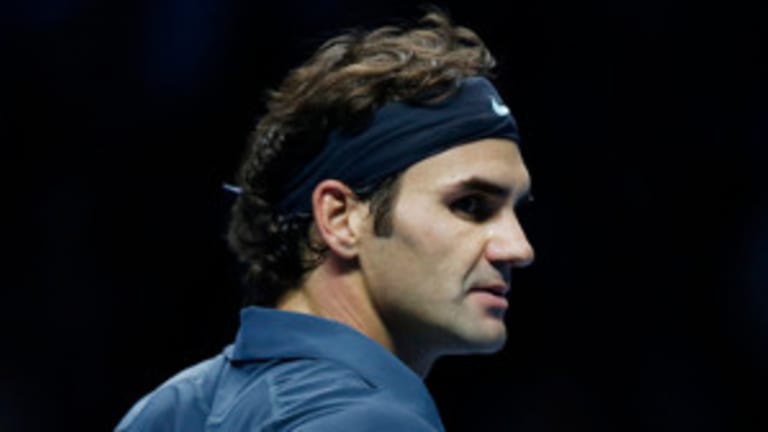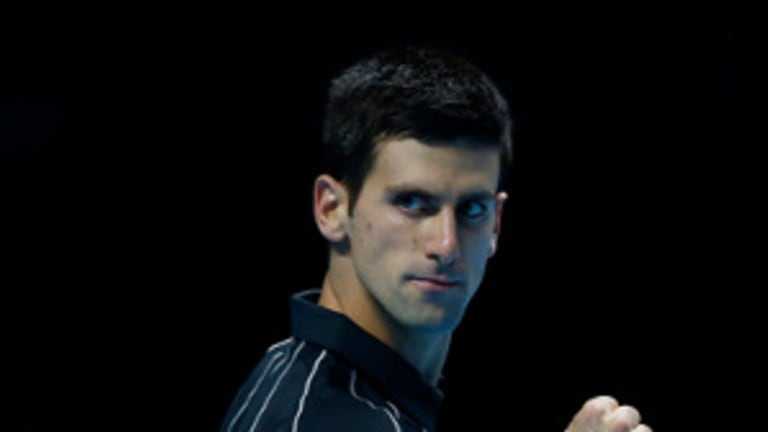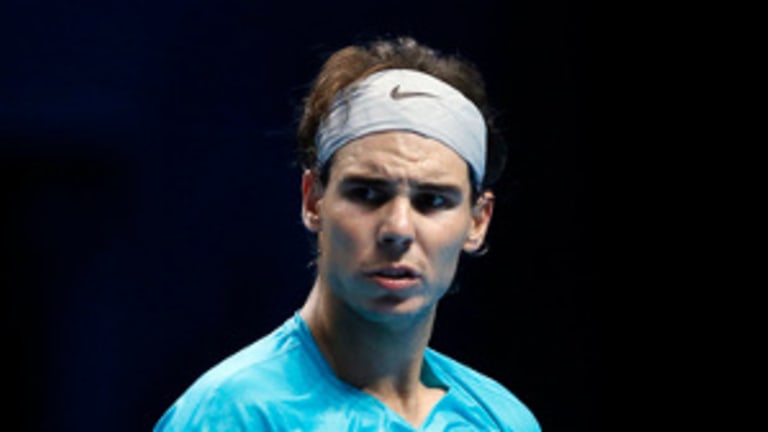“It’s very bad news that we got for him, and for me, for all of us who are close to him. But I think it’s just not bad news for him, it proves again that this system of WADA and anti-doping agency does not work.”—Novak Djokovic, commenting on the Court of Arbitration for Sport’s decision not to repeal the suspension of his friend and countryman Viktor Troicki.
So let me get this straight: Djokovic is anti-WADA now because his pal Troicki’s appeal was only modestly successful? (Troicki's suspension for refusing to take a blood test was reduced from 18 to 12 months.)
While I admire Djokovic for sticking up for his friend, his reaction to the CAS decision is simply wrong-headed, and his rather elaborate comments on the subject are astonishingly presumptuous.
“I’m not saying that it’s completely not his (Troicki’s) fault,” Djokovic went on. “But the way it was is that he had a medical pass where he was fainting, if he feels bad when he provides the blood test. He asked if it’s possible to avoid providing blood test that day and he would come the next day—not because he wanted to hide anything, he just felt bad.”
And exactly how does Djokovic know all this, given that he wasn’t in the room with the Doping Control Officer and Troicki?
I doubt that the officer told him, so it must have been his buddy Troicki. Did it never occur to Djokovic that Troicki might have been desperately trying to spin his story in any way—perhaps including outright lying—to beat the rap? That Troicki couldn’t very well tell CAS officials one story and his bosom buddy a different one, if indeed there were two stories to tell?
Personally, I have some trouble buying the idea that a strapping, 6’3” professional athlete in the full bloom of health is so squeamish that he can’t give blood. Nor can I believe that he was unaware of the potential danger in flaunting the rules. It’s entirely possible, though, that he never imagined that ducking out of the test could cause him such a huge problem.
What happened to Troicki was a manifestation of the drug-testing protocol working exactly as it should. That is, same rules for all, zero tolerance for cheats or excuse making. Troicki should have known that once he declined to take the test, he left himself open to anything. And it doesn’t help that the only defense he was able to mount was the familiar “he-said, she-said” one that never proves anything.
Perhaps all that helps explain why Troicki’s chorus of defenders is a very small—if very famous—one. The reality is that not you, not I, not even the great former No. 1 and six-time Grand Slam champion Novak Djokovic, really knows the truth about how and why Troicki decided to skip that blood test.
*


